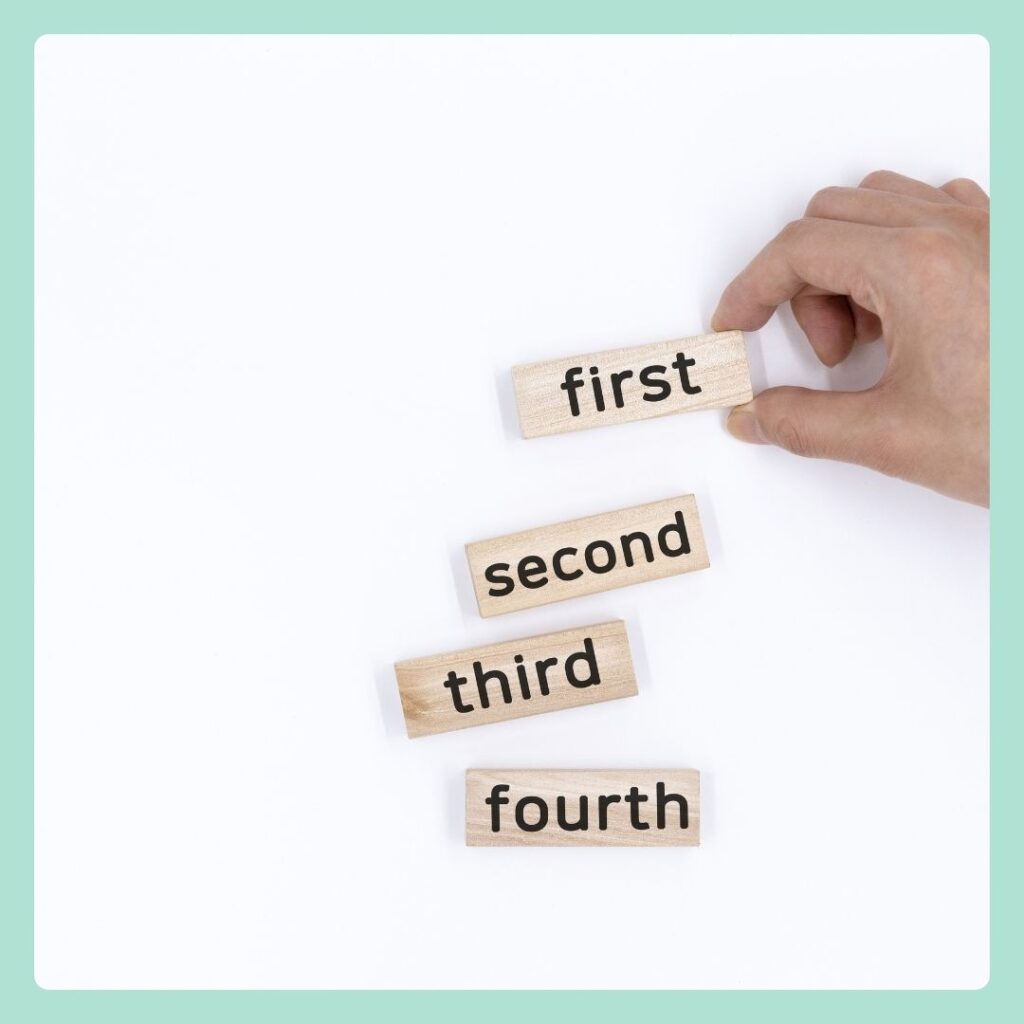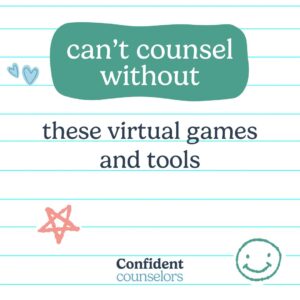It is no secret that school counselors wear A LOT of hats throughout the school year. We are stretched in many different directions and can be left feeling “spent” by the end of each day. Self-care for school counselors can be a challenge. Although counselors are great at encouraging others to practice self-care, it can be difficult to put it into practice in our own lives. When we take the time to rest, recharge, and practice self-care, we become more effective at helping others.
When I think about self-care, I always think about the airline safety analogy. In the event of an emergency, we are always instructed to put on our own oxygen mask before helping others. Self-care works the same way. If our own tank is depleted, we become ineffective at helping others. By taking the time to prioritize our days, we can create extra time to focus on our personal wellness.
Using a 24-Hour Pie Chart to Prioritize Your Day
Perhaps the biggest challenge when it comes to self-care is how to structure your day. Without a plan in place, your days can quickly fade away leading to wasted time and a feeling of disappointment. Does every day need to be structured? No way! But creating a plan for the majority of your days can help you to stay focused and feel good about how you spend your time.
The first step to create a self-care plan is to think about your average day. I am a visual learner and data junkie. One helpful strategy I use is to create a 24-hour pie chart to map out at an average day. I find that this strategy helps me to see where each hour of the day is going, which leads to a lot less wasted time. Since work days greatly differ from the weekend, it also helps to make two different charts to track your time.
You can make your own 24 Hour Pie Chart by clicking on the image below!
Self-Care Priorities and Domains
I begin by listing my Top 5 Priorities on a sticky note. These are the areas that I want to be sure to focus on each day. Next, I think about all of the other areas that I spend time on during an average day. After I have a list of areas, I write the amount of time I would like to spend on each area. It is important to include the amount of hours that each area truly takes. For example, I plan 2 hours of exercise because I include showering and getting ready in that same block of time.
After I have broken down my day into areas and times, I divide each time by 24 to determine what percent of a day it will take. For example, if I spend 2 hours on exercising and getting ready, that equals about 8% of a day. When you add up all of the percents, you will see how much “spare time” you have left in your day for miscellaneous tasks and relaxation!
When planning your extra time, try to think of activities that you enjoy in each of the 5 self-care domains: intellectual, physical, spiritual, social, and emotional. Here are some of the ways I like to spend my time:
Intellectual: Reading (both for fun and for professional growth), writing blog posts, and creating resources for other counselors
Physical: Running, Pure Barre, and hot yoga
Spiritual: Reading scripture, praying, and volunteering
Social: Meeting friends for coffee chats and spending time with my niece and nephew
Emotional: Journaling and painting
Reflecting on Your Day
A key part of prioritizing your day is reflecting after the day is done. How did you do following your plan? Try asking yourself the following questions:
- Did I spend as much time on my priorities as I had planned?
- What stands in the way of spending my time wisely?
- What is one thing I can change about my day to have it go better tomorrow?
Although planning ahead is great, it is important to give yourself grace. If you are like me, your “to do” list can quickly become overwhelming. Recently, I flipped my mindset and instead of focusing on everything I needed to DO, I celebrated what I got DONE. This summer, I used a chalkboard in my bedroom to create a “done” list to write down things I had accomplished throughout the summer. By the end of summer, I had a huge list to celebrate!
More Self-Care Resources
Interested in learning more about self-care? Check out The Importance of Self-Care written by Confident Counselor, Kiddie Matters.
Visit Counselor Up’s blog to read about That Thing School Counselors Don’t Talk About and learn about the steps to take when faced with challenging situations at work.
Get your school year organized with a Digital Counseling Binder to help you become more efficient and save extra time for self-care.
What strategies do you use to practice self-care? We would love to hear from you in the comments below!







